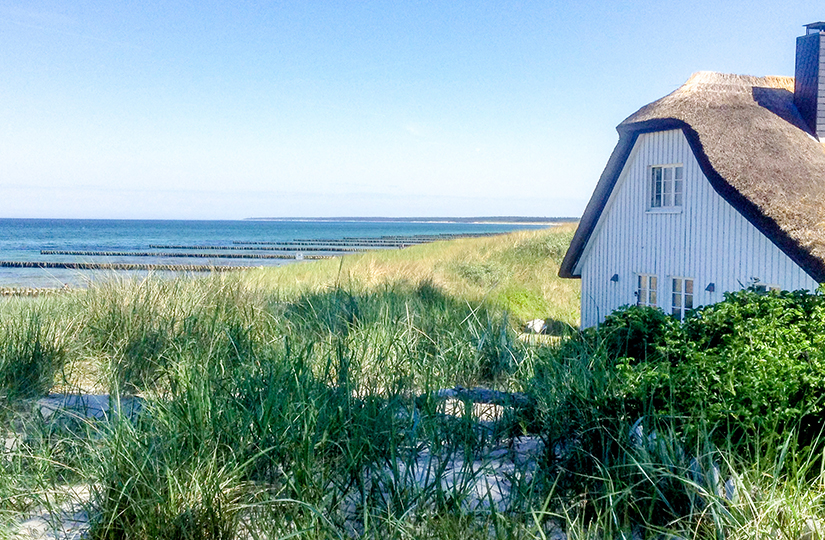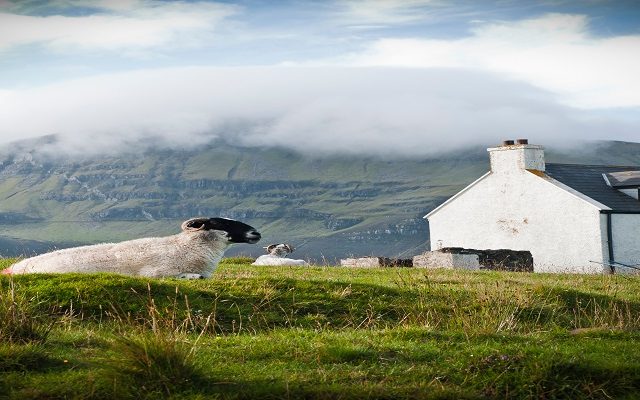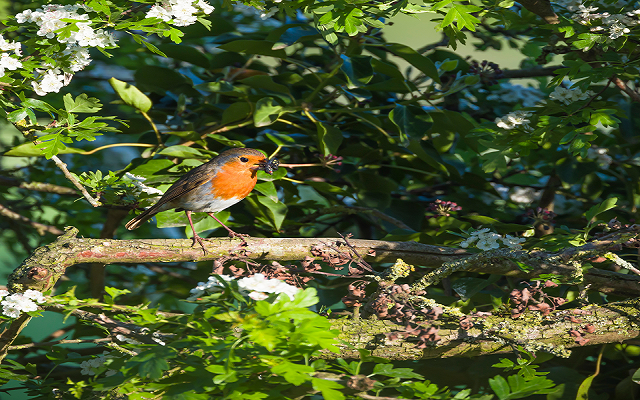Land Business Update | Week Commencing 8th June 2020
Welcome to our update on key land management, farming, planning and energy issues.
COVID-19
Private holiday lets could reopen by early July
Self-let properties are likely to be among the first types of accommodation to be allowed to reopen, as they should present a ‘lower risk’ of spreading coronavirus. Campsite and holiday park owners have also been making the case that they are already set up for social distancing.
Cereals LIVE, 10th and 11th June
Register for free in advance to listen to our farming team
Although we won’t be able to meet physically this year, we will be hosting a number of short talks followed by Q&A sessions through a Zoom-like chat room called Vonage. Also, George Badger of our farming team will be on one of the main show panel discussions, on adapting to the Environmental Land Management System at 11.45 – 12.30. You must register to listen to all of the sessions in advance here and can access the webinars via our virtual stand 204
Wednesday 10th June
- Crop Planning, with Jock Wilmott (10.00 – 10.30)
- Adapting to the Environmental Land Management System, with George Badger (11.45 – 12.30)
- Contract Farming Results Harvest 2019, with Richard Means (12.30 – 1.00)
- Farmland Market Update, with Sam Holt (1.45 – 2.15)
- Harvest Health & Safety, with Robert Gazely (3.00 – 3.30)
Thursday 11th June
- Next Generation Virtual Breakfast, with Andrew Howie on his business Shaken Udder (9.30 – 10.00)
- Our arable benchmarking report, with Charlie Ireland (10.00 – 10.30)
- Scottish Farming Update, with Mary Munro (11.15 – 11.45)
- Countryside Stewardship, with Helen Gosling (1.45 – 2.15)
FARMING
Brexit: Britain will scrap all levies on £30bn of imports and maintains protection for farming
The UK has published a new schedule of tariffs that it intends to apply once the UK leaves the EU, which the government says is simpler and easier to use than the EU’s Common External Tariff. The proposed tariffs on agricultural goods are unchanged from the previously published schedule. The announcement has been welcomed by the UK farming unions but they remain concerned that the protection for domestic farming provided by the tariffs will be lowered in trade negotiations – see the next article!
Brexit: ‘Dual tariff’ system would allow US chlorine-washed chicken and hormone treated beef into the UK
Ministers are reported to be ready to adopt a ‘dual tariff’ system of tariffs on US food imports: food produced to lower standards will have a higher tariff applied, so that it is not cheaper than UK food produced to higher standards; US food produced to high standards would have a lower tariff applied. The system is reported to have been adopted by ministers on 1 June, and it will be proposed to US officials as part of ongoing negotiations over a post-Brexit trade deal. Farming organisations are seeking further information. Only three weeks ago George Eustice said, “all food coming into this country will be required to meet existing import requirements including a ban on using artificial growth hormones in beef. Nothing apart from potable water may be used to clean chicken carcasses”, according to the NFU. The previous Defra secretary said in January that no chlorine-washed chicken or hormone-treated beef will be allowed into the UK under any trade deal with the US. Many commentators are viewing this decision as a key indicator of how the UK government will treat trade negotiations and whether it will honour the manifesto promises on which it was elected.
Pick for Britain
The government has urged people on furlough to ‘lend a hand’ to pick fruit and vegetables due to the shortage of migrant labour in the UK. Only a third of the normal migrant workforce are in the country.
EU publishes its Farm to Fork (F2F) and Biodiversity Strategies
These two EU strategies are of interest as firstly, it shows how the CAP might change and secondly, as Scottish agricultural policy may be linked to European policy for the short-term until a domestic policy has been agreed. Key points include:
- Creation of a “contingency plan for ensuring food supply & food security” (expected in Q4 2021)
- Creation of an EU carbon farming initiative (expected in Q3 2021)
- Development of an Integrated Nutrient Management Action Plan to reduce the environmental impact of nutrients
- Pesticide use reduced by 50% by 2030
- 25% of farmland in Europe to be farmed organically by 2030, plus measures to boost the demand for organic products
- A sustainable food labelling framework to promote healthy and sustainable diets
In response, the EU’s largest farm lobby Copa-Cogeca has called for an independent impact assessment in order to assess the strategies’ impacts on food security and farming profits. The Pesticide Action Network said ‘for the first time in history, the Commission dares to listen to science, going against the interests of agri-business and setting pesticide use reduction targets’. The European Crop Protection Association said that an independent assessment should be carried out on the proposed cut in pesticide usage. The European Environmental Bureau (EEB), the largest network of 160 environmental organisations across Europe, and WWF Europe and Greenpeace welcomed the plan but said that it should include more about transforming diets to be healthier and more sustainable. Researchers at the Institute for European Environmental Policy (IEEP) say the F2F strategy should be guided by concrete definitions of what ‘sustainable food systems’ look like in practice. The European Council of Young Farmers says that the two publications failed to address how young farmers can access land more easily.
Dairy Response Fund to open on 18th June
Farmers in England whose milk price in April fell by more than 25% compared with February will be able to apply for a single payment of up to £10,000 to cover up to 70% of lost income during April and May. Applications through the RPA open on 18 June with payments from 6 July. Applicants must prove the loss through milk statements and other evidence. There is a similar scheme in Wales.
Agronomy update
Rusts, including yellow and brown rust, may be a challenge in wheat crops following the prolonged dry weather and dewy nights. Orange Wheat Blossom Midge is also a concern although the risk is over once the crop has started flowering. Spring-sown cereals continue to be a concern with very variable emergence; the next decisions relate to manganese / herbicide / fungicide mix. Most oilseed rape crops have now flowered and will require glyphosate to even ripening before harvest. Crops may also require a pod sealant, probably as a separate application. Our team also recommends cleaning out grain stores now so that they have had at least six weeks before the new crop is put in them.






